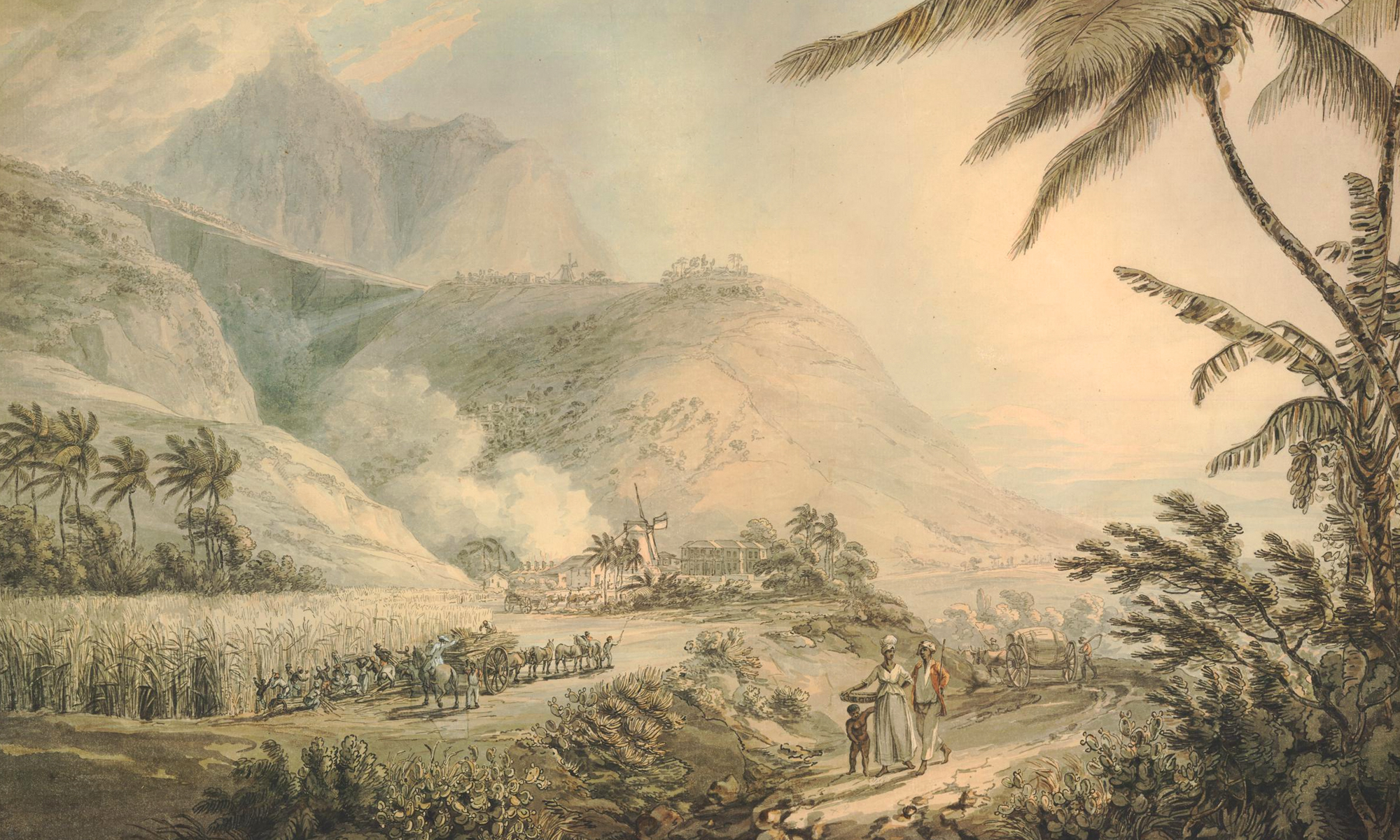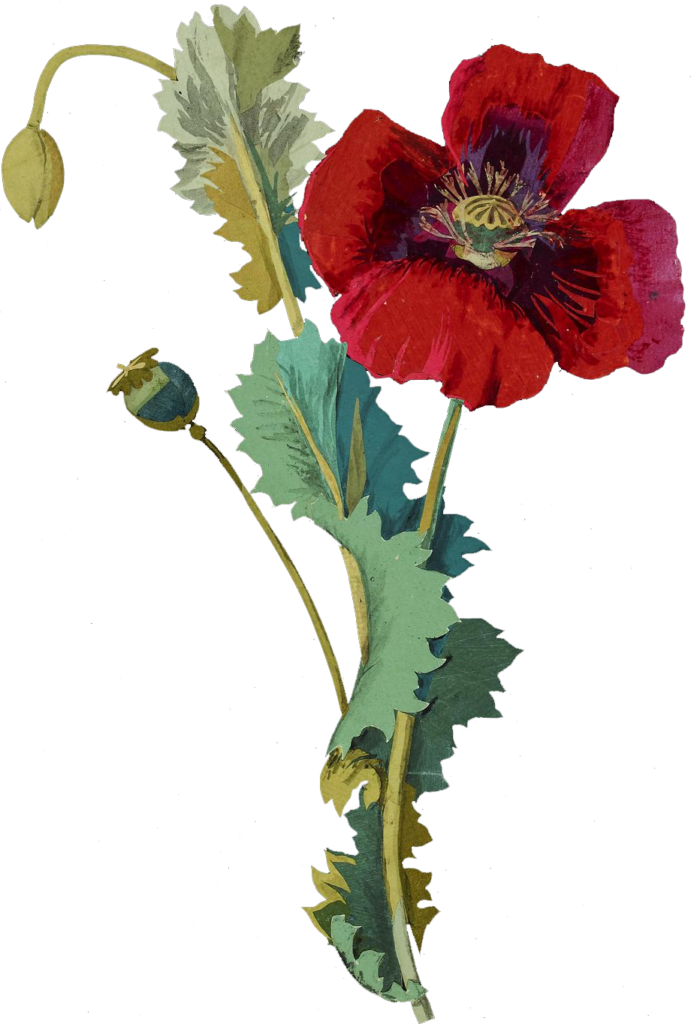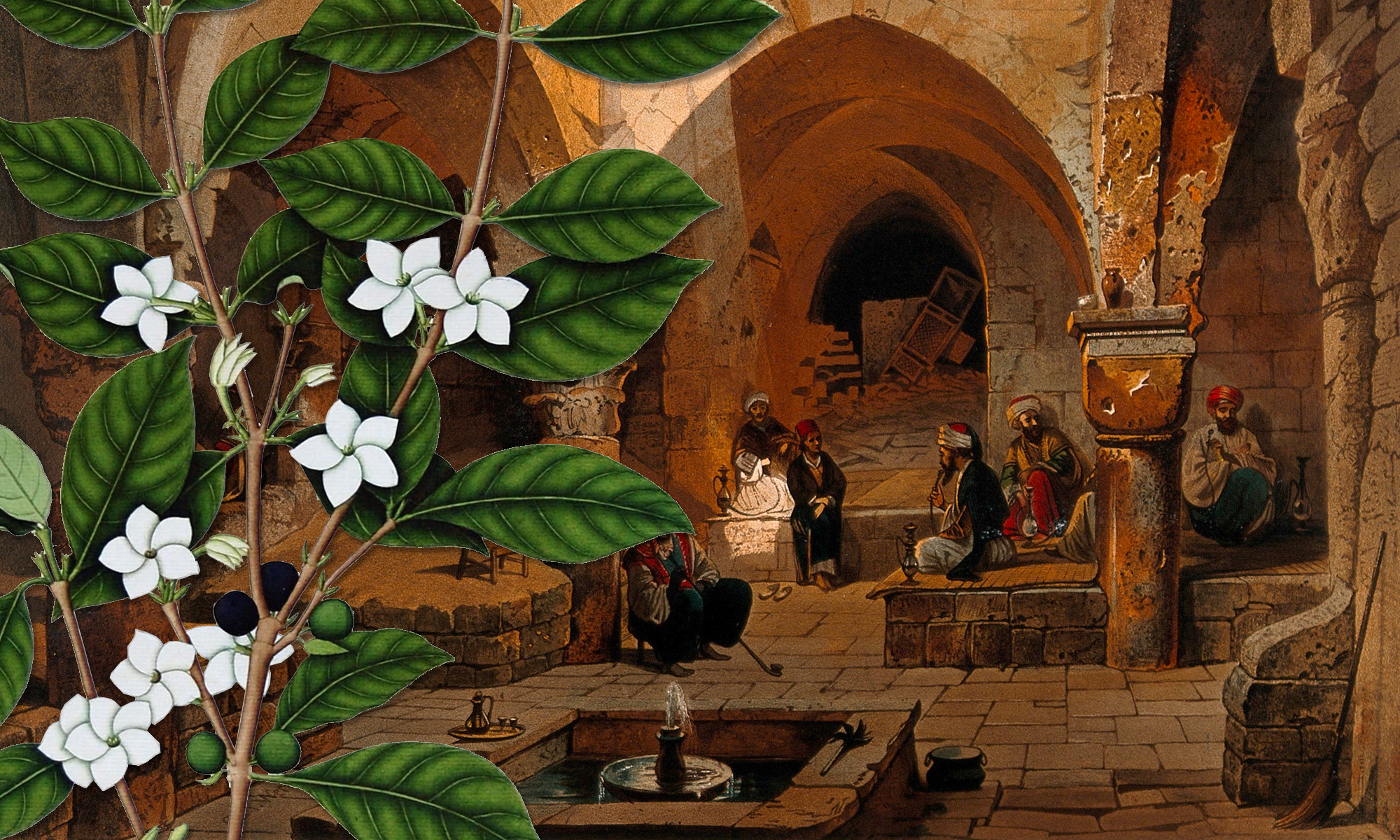An international conference organised and funded by the HERA research project Intoxicating Spaces: The Impact of New Intoxicants on Urban Spaces in Europe, 1600–1850, a collaboration between the University of Sheffield, the University of Oldenburg, the University of Stockholm, and Utrecht University.
Millennium Gallery, Sheffield
19–21 July 2021
Confirmed speakers include Bhaswati Bhattacharya (University of Göttingen), Ebru Boyar (Middle East Technical University), Gabriel Feltran (Federal University of São Carlos), Marisa Fuentes (Rutgers University), Johan Mathew (Rutgers University), Laurence Monnais (University of Montreal), Jennifer Morgan (New York University), Kristin Plys (University of Toronto Mississauga), and Thembisa Waetjen (University of Johannesburg).

Intoxicants – by which is meant here substances known for their transformative effects on bodies and minds and which are often associated with habitual consumption – are a prevailing and even defining feature of the modern world. Since the sixteenth century, cacao, caffeines, opiates, sugar, tobacco, and pharmaceuticals joined alcohols in transforming dietary and social habits, and becoming mainstays of modern global economies and nation states.
The means by which these commodities have been produced, transported, and consumed, often within the exploitative contexts of colonialism and empire, is inherently and sometimes violently spatial: from the plantations and other agricultural settings where they were cultivated, to the international networks and systems through which they were trafficked, to the built, al fresco, and temporary environments in which they were retailed, exchanged, and enjoyed.
This conference seeks new perspectives on the relationship between intoxicants and spaces – social, material, and conceptual – since the sixteenth century and on an international scale. We are looking to discuss the spatial dimensions and dynamics of production, traffic, and consumption; how transplantations and flows of intoxicants can help us understand the nature of the global; and how international comparisons can illuminate practices and experiences within local, regional, national, and continental contexts.
Papers are encouraged from all disciplines and from researchers at every stage of their careers. While we hope to hold the conference in co-presence, if travel restrictions make this impossible the event will be held wholly or in part online. Attendance for speakers is free, and postgraduate students will be able to apply for travel bursaries.
To propose a twenty-minute paper, please send a title and abstract of no more than 250 words, together with a CV or short bio, to James Brown by Monday 30 November 2020. Please also direct any queries to James in the first instance.


